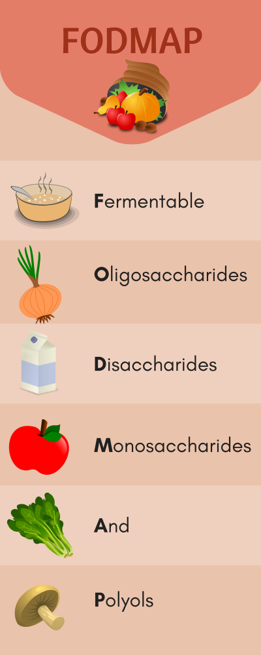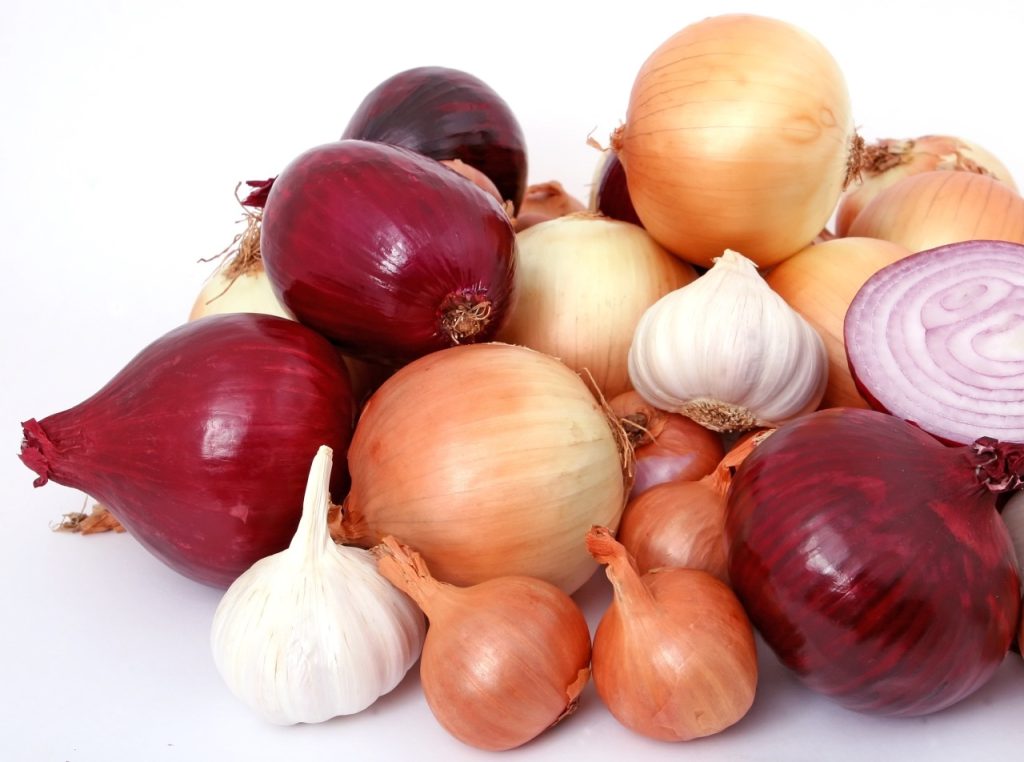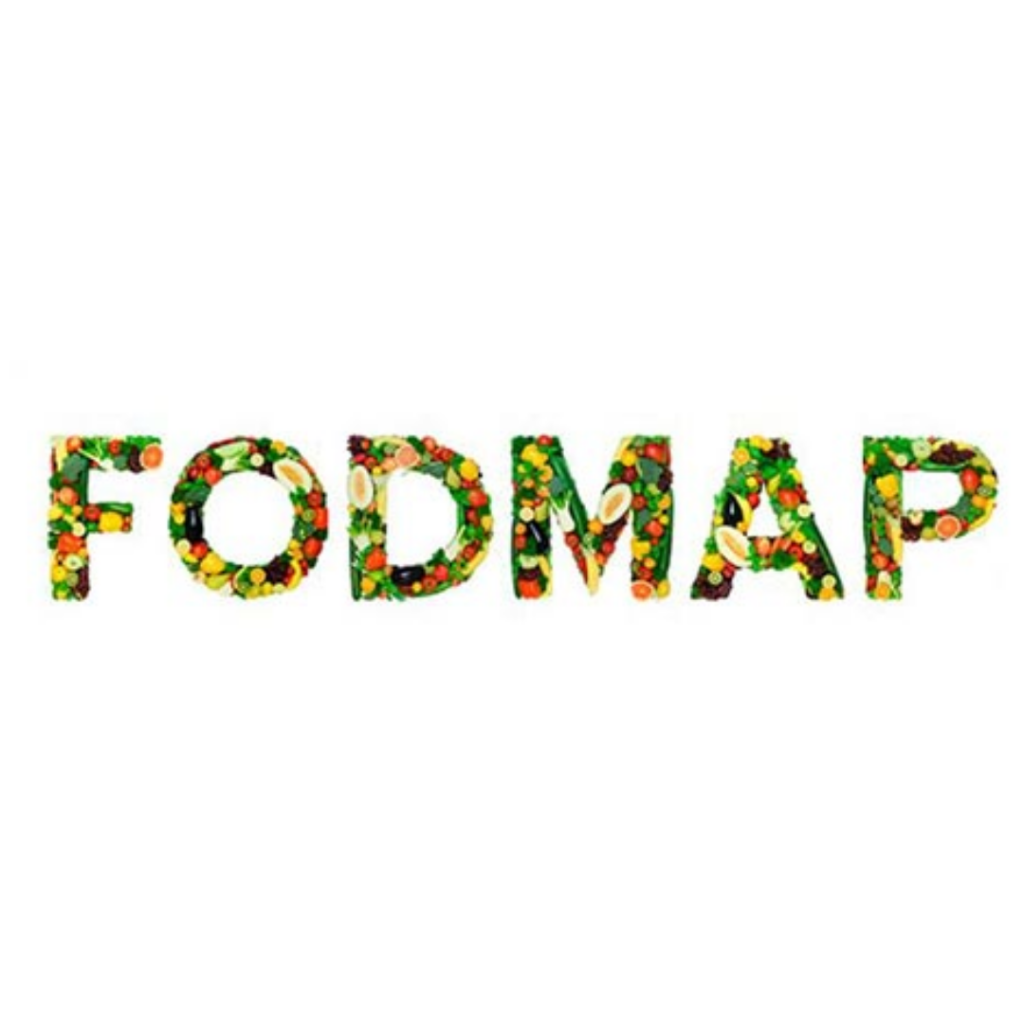You may have heard of people talking about low FODMAP diets or have seen “FODMAP Friendly” logos on some food packaging in your supermarket. So, what are FODMAPs and how might they affect your gut?
FODMAP is an acronym for Fermentable Oligosaccharides Disaccharides Monosaccharides And Polyols. FODMAPs represent a group of sugars which travel to the large intestines without being absorbed by the small intestines. After arriving in the large intestines, bacteria from the gut ferments these sugars and produces gas.

FODMAPS are naturally present in a range of our foods and most people have no issues eating them. In fact, some FODMAPs in our foods are prebiotics which act as a food source for our good bacteria and help keep our gut healthy. Some of the foods that contain prebiotics include onion, garlic, leek and legumes (eg. Chickpeas, lentils and red kidney beans). Including foods containing prebiotic in your diet alongside a probiotic, such as Yakult, can help maintain the number of beneficial bacteria in your digestive system.

Some individuals, who have a very sensitive gut or are unable to digest certain sugars, may experience gut symptoms such as bloating, lower abdominal discomfort/pain, wind, constipation and/or diarrhoea after the consumption of certain FODMAP containing foods. In these situations, see your medical practitioner or dietitian for specific medical advice. A low FODMAP diet is not intended to be a long-term diet.
For the general population, FODMAPs are part of our everyday diet and is not something we need to avoid. If you do experience some of the gut related symptoms mentioned above, seek professional medical advice and support before trialling any diets.
Perri Yiu
Accredited Practising Dietitian (APD)
